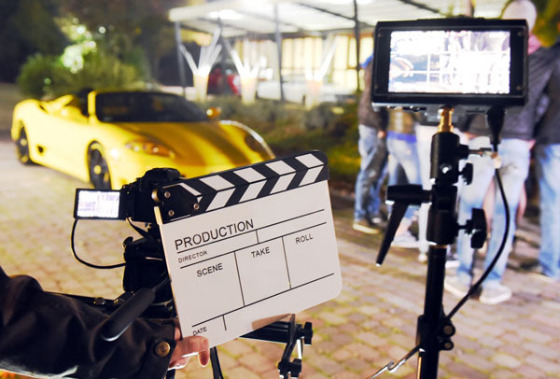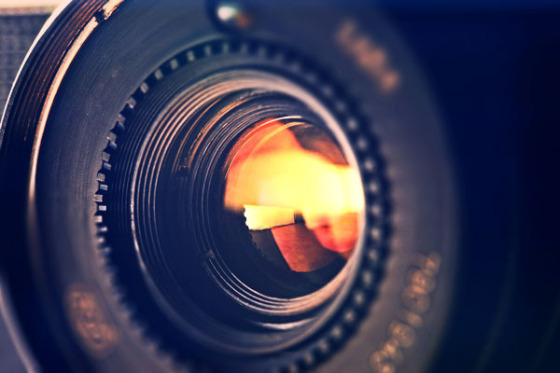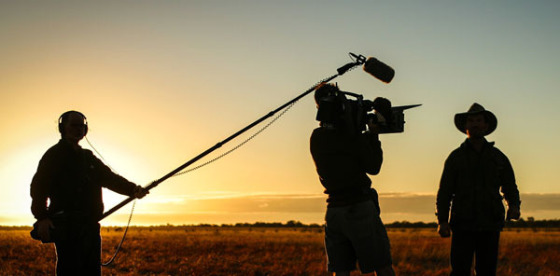Tips to Achieve a Cinematic Look for Your Camera
Tips to Achieve a Cinematic Look for Your Camera

Shooting videos and learning how to make them look professional comes with a lot of trial and error. It can be frustrating, especially when you see that the footage you have captured is not how you expected it to look.
The good news is that the mistake is often not about how creative you are, but it is on the technical side. It means you can always learn it, particularly when it comes to setting up your camera to have that cinematic look. Some settings in your camera can help you achieve this goal, and these include the following:
1. Frame Rate
Commercials, music videos, and indie films are typically shot at 24p, which is equivalent to 23.976 progressive frames for every second. You can choose to use this setting, but you can also try another one. It is all up to you because what is important here is that you are consistent with your frame rate no matter what scene you are shooting.
It may seem like a no-brainer, but many people, especially amateurs forget to double-check this setting. Make sure you do before each take to avoid reshooting the scene.


2. Shutter Speed
Often, there is another director of photography or cinematographer on the site. It is helpful until you edit the footage he or she shot. The most common issue here is the shutter speed. If it is wrong, the footage delivered to you will be unusable. If you are using a DSLR, the adjustment for shutter speed is at a place that can easily be changed even by accident.
The DP may even change the frame rate, but the shutter speed should match it. The best way to ensure that both complement each other is to apply the 180-degree rule in which the shutter speed should be double the frame rate. For instance, if you have a 24p frame rate, the shutter speed should be set at 1/48.
1
3. ISO
You may also choose to shoot using a compressed format (or not RAW). In this case, it is essential that the ISO setting is correct. If you plan to use professional camera rental, you should determine whether to go for a compressed camera or not. If you do opt for compressed ones, it is vital that the base ISO is used than other settings.
In this case, you should be able to identify the base ISO of the camera you will be using. Do your research to figure it out and try shooting with it as much as possible. There will be times when you will need a much higher or lower ISO, and it should still work. However, it will affect the performance of the video, mainly if you choose to stray away from the original ISO.

Meanwhile, at post-production, you will have to use a program that will allow you to edit the outcome of the film. Use stabilization, which will enable you to smoothen out the whole footage. You should also learn how to use color grade where you choose the right colors. For instance, a moody effect is best achieved with crisp and dark colors, while warmer colors are mostly for happiness and excitement.
Recent Posts
-
New Canon Cinema EOS Firmware Now Available
Canon Releases Powerful Cinema EOS Firmware Updates December 2025 firmware updates deliver new r …Dec 19th 2025 -
Ross Video Ultrix: A Routing Platform Built for Flexibility, Scale, and Modern Broadcast
Broadcast Technology • Routing • Production Workflows Ross Video Ultrix: A Routing Platform Built …Dec 17th 2025 -
HelixNet HXII-BP-4K: Four-Channel Beltpacks for Modern Intercom Workflows
HelixNet HXII-BP-4K: Four-Channel Beltpacks for Modern Intercom Workflows Clear-Com’s latest Heli …Dec 12th 2025
